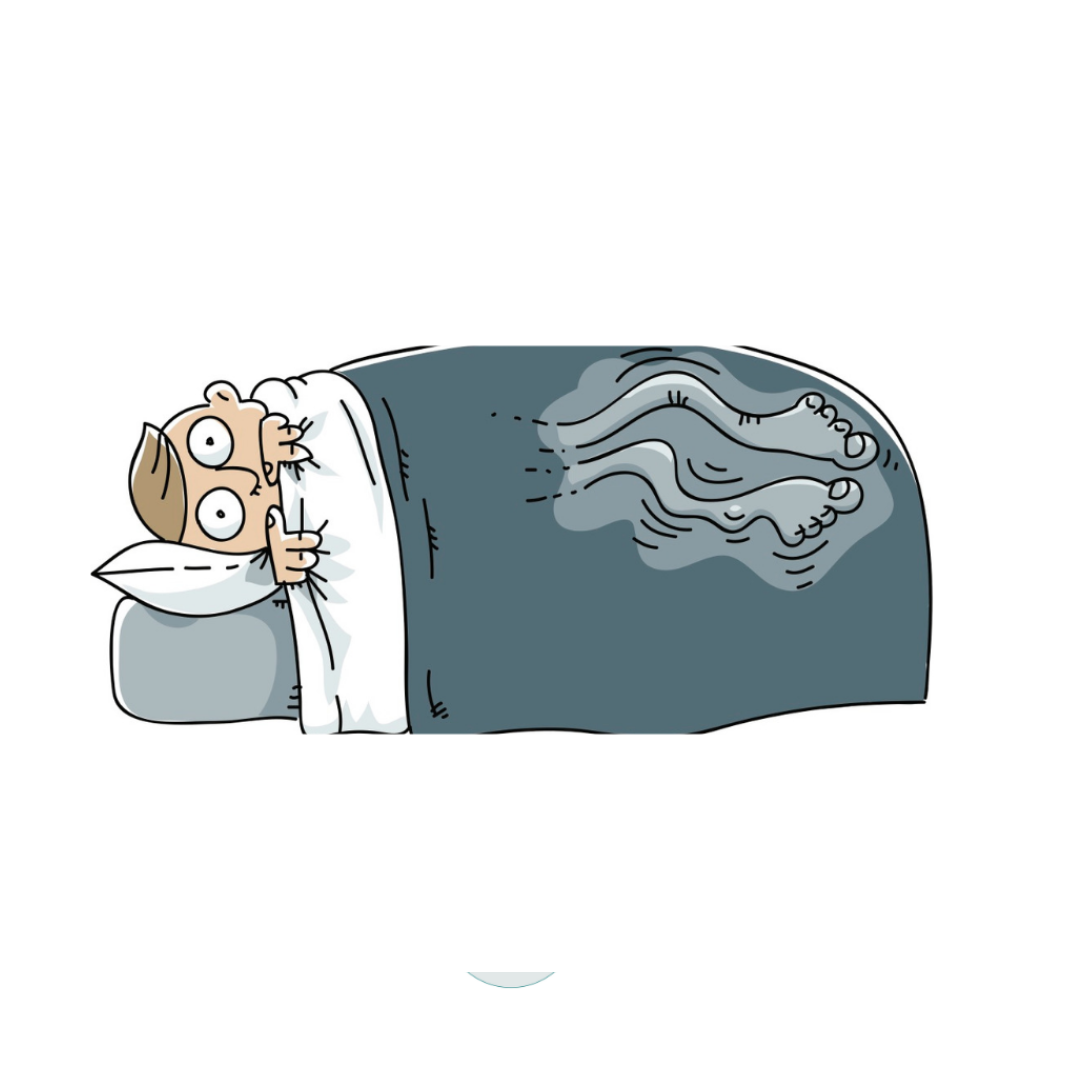A variety of techniques can help our nervous system back into balance. The relaxation response is one of the simplest because it works like a braking system to brings our body and mind back into a state of equilibrium.
Author Archives: Sandie E
Stress, part 2 – Lifestyle tips
I mentioned in part 1 that there is no universal stress reduction strategy and effective stress management requires a multidisciplinary approach. What a great about both these statements is that it gives you choice
Stress, part 1 How it affects your body
Pressure and stress are omnipresent; touching every aspect of our everyday life, affecting our body, thoughts, our feelings, and our behaviours too. Interestingly, although most people believe that all stress is harmful, it has some essential benefits.
Free radicals and antioxidants explained.
A simple way to think of free radicals is as waste products; they are natural byproducts of the body’s many chemical processes, such as breathing and eating. Environmental toxins, household chemicals and cigarette smoke can also expose us to free radicals, which can be built up and can harm the cells in the body.
Restless Leg Syndrome
Restless leg syndrome is a nighttime condition of unpleasant sensations in the legs. This could be cramps, aching, pain, tingling or burning. Restless legs syndrome is also known as Willis-Ekbom disease, a common condition of the nervous system that causes an overwhelming, irresistible urge to move the legs.
Helicobacter Pylori
Helicobacter pylori is a common bacterium that grows in the digestive tract (gut). It is also known as H. pylori, the “H” in the name is short for Helicobacter. “Helico” means spiral, which shows that the bacteria are spiral shaped. H. pylori attack the stomach lining, many infections are usually harmless, but they are also responsible for most stomach and …
Dietary fibre, explained.
Getting enough fibre in the diet is essential for health as research has shown that besides reducing constipation, it can help with weight management, may lower cholesterol levels and reduce the risk of diabetes, heart disease and bowel cancer. Dietary fibre is a type of complex carbohydrates found in plant-based foods that our digestive system …
Irritable bowel syndrome
Irritable bowel syndrome (IBS) is a long-term condition of the digestive system that causes episodes of abdominal cramps, bloating and changes in bowel movements. IBS is the name doctors give to a collection of otherwise unexplained symptoms relating to a disturbance in the digestive system and bowels habits. IBS is an illness that has no …
Navigating the forest of life: Managing the stress response.
Pressure and stress are essential; they touch every aspect of our everyday life; helping us complete tasks, allowing us to learn new things and to be creative, and one is needed for our survival. There is an optimum level of pressure that brings about our best performance, allows us to take on new challenges hit …
Continue reading “Navigating the forest of life: Managing the stress response.”
Coeliac disease
Coeliac disease is a lifelong autoimmune disease caused by a reaction to gluten. It affects one in 100 people. However, it is estimated that nearly half a million people are living with this condition undiagnosed.










